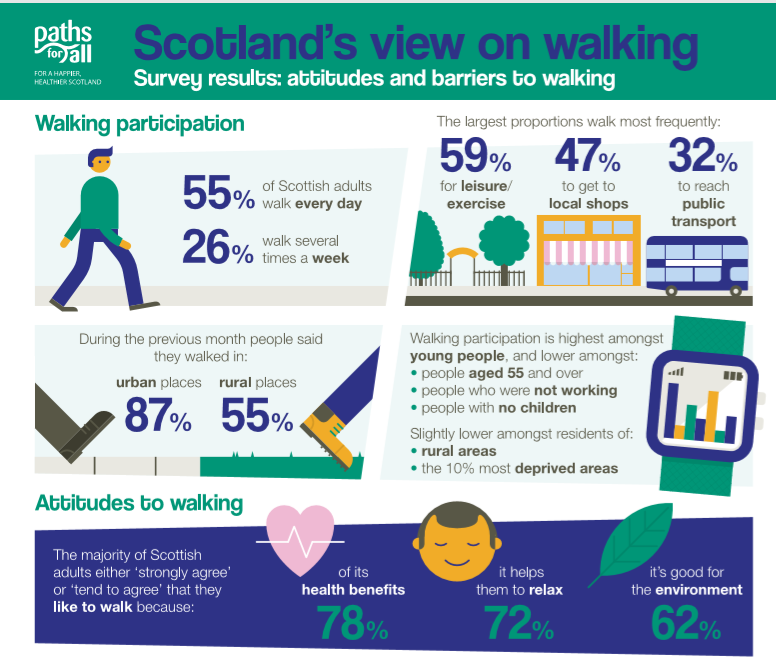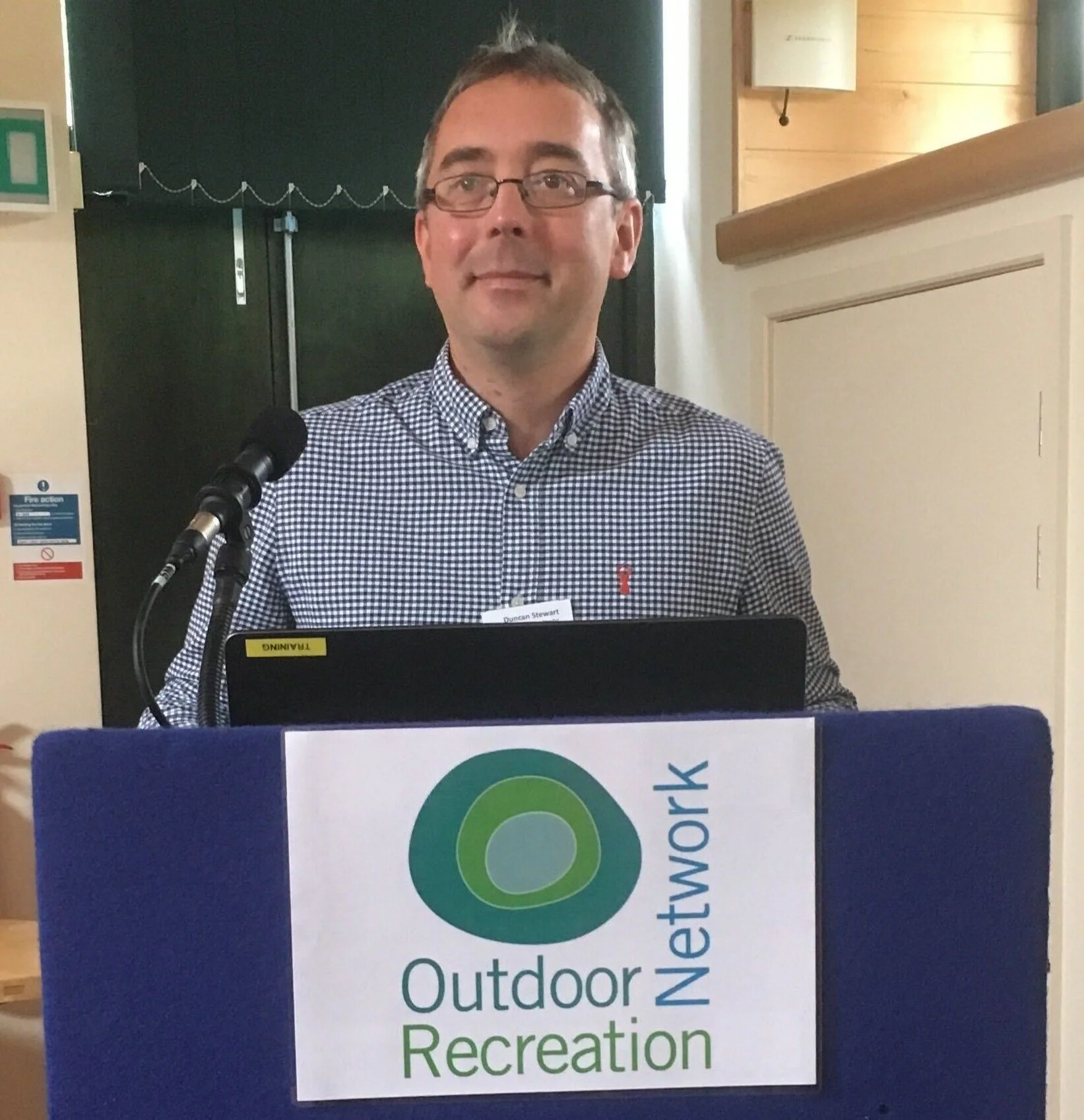What’s happening in the Nature Sector?
The advantages of public engagement with the natural environment are widely recognised, from the physical health benefits of exercising outdoors to the mental wellbeing benefits gained from spending time close to nature. Also increasing people’s appreciation and value for the natural environment has been proven to increase their interest in and participation in pro-environmental activities.
Yet, despite the clear benefits to be gained, levels of participation in outdoor recreation are being challenged by competing leisure activities whilst funding cuts threaten the future of the local parks and green spaces which provide a vital resource for urban populations.
Levels of access to nature are not equal across society, creating inequalities in the opportunities available to spend time outdoors. This means that some of the groups who could benefit most from time in natural places may be the least able to access these benefits.
How we can help
Measuring and understanding how the population engages with nature - whether though outdoor recreation, routine activities like walking or cycling to work, pro-environmental activities or social activism – is an area we have a great deal of experience in. We can support clients in this sector in many ways:
• Measuring levels of participation in outdoor recreation within target populations – ranging from national surveys, to local area surveys or measures focused on a specific population groups of interest.
• Surveys of visitors to outdoor recreation sites such as parks, woodland or nature reserves – to gain insights into visitor numbers and profiles, reasons for visiting, the benefits obtained and the quality of experience.
• In depth studies to understand the relationships between recreation, caring for nature and pro-environmental behaviours. The focus can be on a particular population groups or the wider population. A mix of quantitative and qualitative approaches can be used.
• Supporting the development of the visitor information and interpretation used to promote and enhance the experience at recreation sites. A range of approaches can be used to evaluate information of all types - from websites and apps to leaflets and brochures to on site interpretation and signage.
“Duncan has worked with SNH for many years, managing the delivery of a long-term monitoring study of people’s engagement with nature. His pro-active approach in terms of keeping us abreast with new research developments and opportunities to help meet our changing needs over the years has been much appreciated as has his technical knowledge and expertise. You couldn’t meet a nicer guy to work with! We look forward to working with Duncan and Jim in their new roles at 56 Degree Insight”
“56 Degree Insight delivered bespoke training fit for our organisations needs. They really took the time to understand what we wanted and needed in the development of the training. They implemented changes in accordance with our suggestions to really make sure what they were delivering was exactly what we required. They are fantastic to work with, they are engaging, hyper organised and hold extensive knowledge. I would highly recommend working with 56 Degree Insight.”
Nature and Environmental clients we have worked with……..
Our latest point of view on Nature…
The future of outdoor recreation in the UK
15th September 2020: During August, the 56 Degree Insight team participated in a webinar aimed at Outdoor Recreation specialists across the UK and Ireland organised by the Outdoor Recreation Network (ORN). This webinar explored research from across the UK and Ireland looking at how people engaged with the outdoors during and after lockdown – the benefits they gained, the barriers they faced, and the implications for outdoor recreation stakeholders going forward. We delivered two of the presentations - one on work undertaken for Scottish Natural Heritage in the midst of lockdown on people’s engagement with the outdoors, the other focusing on tourism and leisure behaviours identified across several waves of the Scottish Tourism Index. The presentations can be downloaded here - and all of the presentations can be watched in the format they were delivered below:
The future of outdoor recreation in the UK
14th April 2020: Last week, the Outdoor Recreation Journal was published and it includes our thoughts on future trends in outdoor recreation. While it was written before the COVID outbreak, some of findings re. the importance of outdoor exercise remain very relevant.
Download your copy here
Making your results shine with infographics
15th January 2020: Undertaking a great piece of survey work about an important topic is all well and good. But unless you make the results accessible and engaging for your target audience, there is a danger they will miss their mark. Click on the link below to see how our survey of walking in Scotland for Paths for All was ‘brought to life’ using attractive infographics
Can 10 years of outdoor recreation trends help us to predict the future?
22nd October 2019: Today Duncan is speaking at the Outdoor Recreation Network’s conference – Outdoor Recreation 2030: Future Trends and Insights. Discover the key trends he is sharing which emerge from our analysis of over 10 years of data from the UK’s outdoor recreation and tourism surveys Click below to find out more!
Nature - Time to put words into action
23rd April 2019: How can insights support the changes needed to tackle the climate emergency? We provide our views - how much do we all really care? Read on about the value-action gap
Nature - kids love nature, but how much of a risk is ‘screen time’?
11th March 2019: Kids spend more time enjoying the great outdoors than any other group - but there have been recent declines - could the rise of competing activities such as online gaming be a factor?







